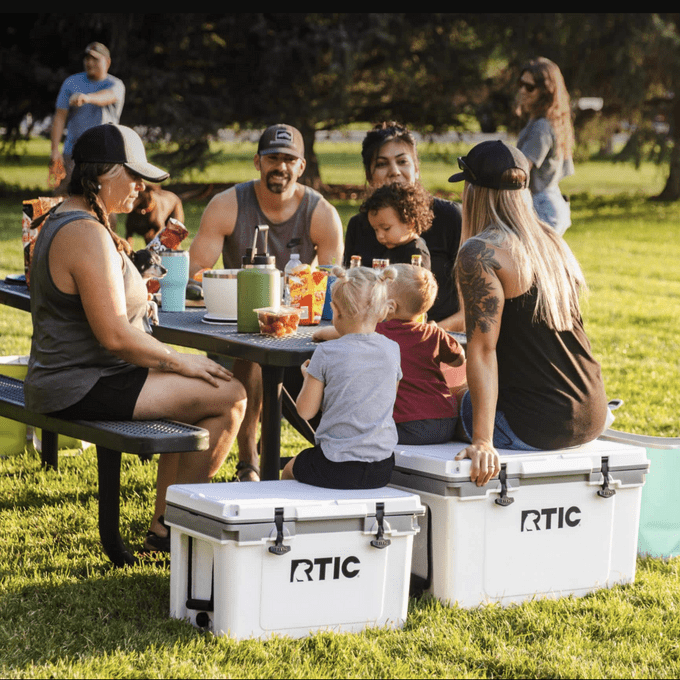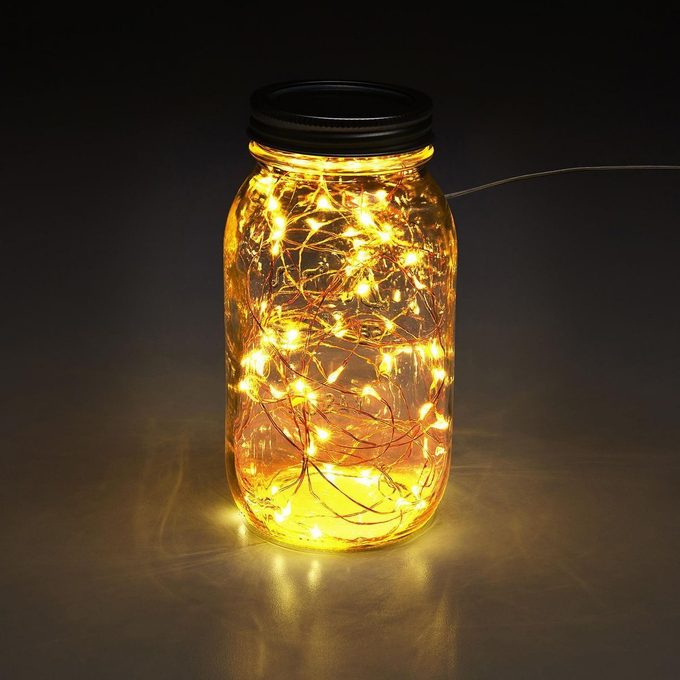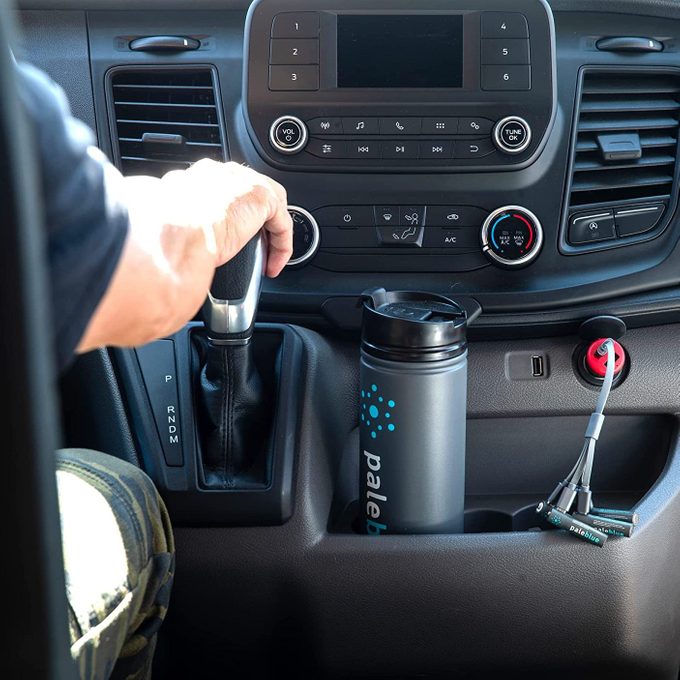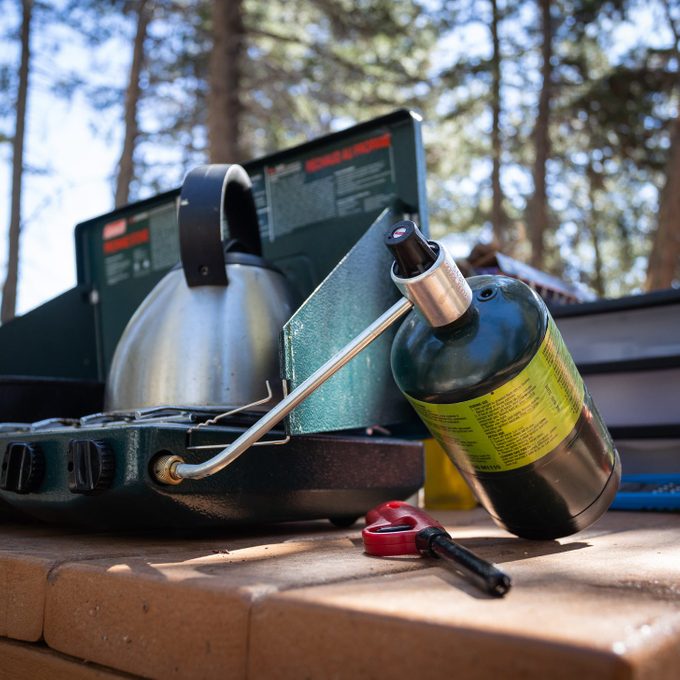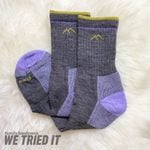Here Are Some Easy Tips to Help Save Money On Outdoor Gear
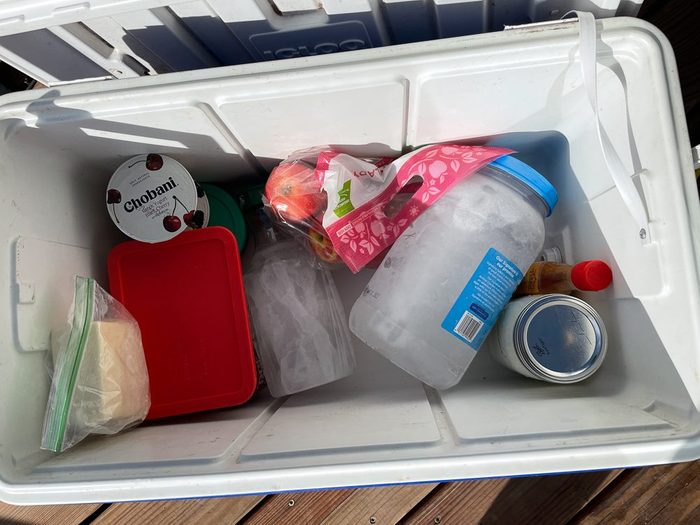
How to just say no to a $6 bag of ice and $50 nesting cookware, plus other thrifty hacks from propane to hiking boots.
Our editors and experts handpick every product we feature. We may earn a commission from your purchases.
The last straw might have been when I got an advertisement for a $150 camping coffee grinder. Or maybe it was the $300 parka, or the $10 disposable propane canister. Getting outdoors is supposed to be about simplifying life and relaxing, not stressing about breaking the bank.
Now, as more people flock to the outdoors, prices on essentials are rising and companies are increasingly trying to lure us with new gadgets. At Family Handyman, we’ve been noticing how expensive outdoor gear has gotten. And while we have to admit that some of it is pretty nifty, here are some ways to be just as comfy without spending all of your cash.
On This Page
Fire Rings and Wood
Even in campgrounds with fire pits, we use our DIY-ed ceramic pot instead. It burns wood more efficiently, which saves us a lot of money. Plus, we can situate it out of the wind and away from grasses and trees that create a wildfire hazard, then cap it with the lid when we’re ready for bed. Drill 1/2-holes around the bottom to help with the air supply, and use bricks or cinder blocks to elevate it off the ground.
Coolers and Ice
If you need to keep ice intact for more than a day, a cooler with thicker and better insulation does make a difference. But, unless you’re offshore fishing overnight, you should be fine with a knock-off brand. For example, this RTIC 32-quart cooler is about 40 percent cheaper than its Yeti equivalent. Also, in some places, a bag of ice now costs upwards of $6. Instead of buying it, along with its extra single-use plastic bag, fill a used plastic juice bottle with water and freeze it (of course, leave room for the water to expand into ice). If you’re not near a freezer, opt for ice blocks over cubes, as they’ll last a lot longer.
Used Gear and Mending
There are a lot of good used outdoor gear online marketplaces, like Geartrade, plus retailers, like REI and Patagonia, with used product sections on their websites. I’ve found great hiking boots and other items you wouldn’t think would be ideal candidates for used gear.
Also, patches, like those from Noso, make tech-clothing repairs easy and fashionable. Keep in mind, too, that some boots can be resoled.
Camp Lighting
Nothing cheers up a camp like some rope, string and accent lighting. We love our LED lights that flicker like candles, but these wire fairy lights are a bargain. Wind them around an awning or put them in Mason jars. You can also hang your headlamp in a gallon jug, which makes for a clever, cheap lantern.
Rechargeable Batteries
The downside of fairy lights and headlamps are all of the batteries they require. These rechargeable batteries come in AAA, AA and D, and charge with space-saving USB ports. It’s a bit of an initial investment, but you only have to buy them once, plus they cut down on garbage.
Cast Iron Pans
A lot of camp cookware is designed to be lightweight, which is great for backpacking but unnecessarily expensive for car and RV outings. Even the cheapest cast iron pan will last for generations and put up with any abuse you send its way. We like Lodge, which is made in the U.S., and this small skillet costs less than $20).
Propane
Disposable green propane canisters for the camp stove and Buddy Heater add up in both price and waste. For about $50 you can pick up a five-pound refillable propane growler instead, which can be topped off for about the same price as a pair of disposables. Unlike a full-size BBQ grill bottle, these are still small enough to transport efficiently.
Food
We’ve recently discovered the magic of vacuum sealing for camping and road trips. Cook your meat and veggies in bulk for the week, seal, freeze and then stick them in the cooler. They don’t spoil quickly or spill, and it saves a ton of money on outdoor adventures. Also, with freeze-dried camping meals creeping up into the $14 range, home dehydrating your own everything from peas to beef jerky is another long-term money saver.
Extra Stuff
One of the easiest ways to save money on outdoor gear is to avoid wandering around outdoor gear stores, because it’s really hard to resist the gadgets. I mean, who doesn’t want a custom-designed hot-dog roasting stick, or a camp chair that eases back for better star-gazing? But in the end, you probably don’t need a fancy pack towel, or a set of silverware that folds into a tiny canvas bag, to have fun in the outdoors. That $.50 coffee mug from the thrift store will work just as well as the $50 titanium one.
Know When to Say Yes
That being said, some gear is actually worth the price. If you head outdoors a lot, it’s wiser and more affordable in the long-run to buck up for a quality sleeping bag, tent and backpack that will last you a lifetime. I’m going on 30 years with my Marmot mummy bag, which means it’s cost me about $10 a year to stay warm even when it’s zero degrees out. Definitely a bargain.

